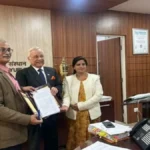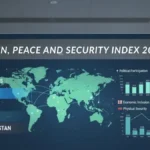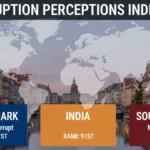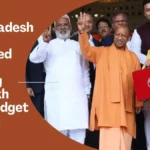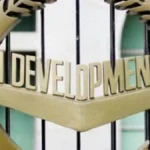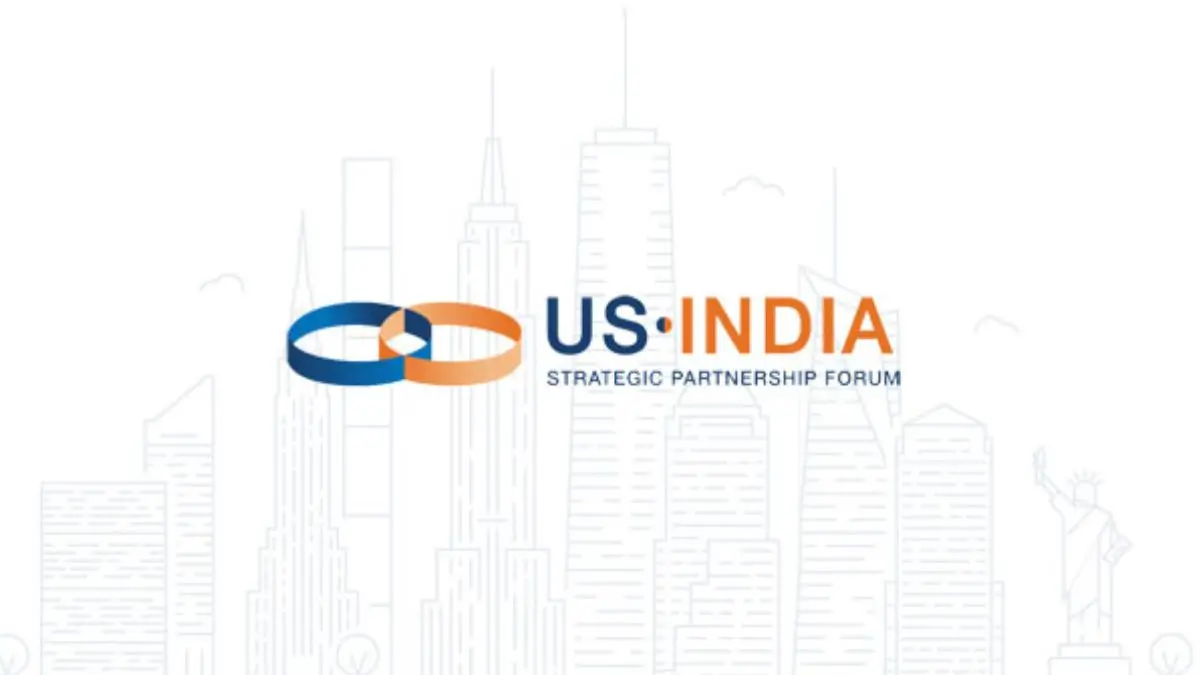President Abbas Named Mohammad Mustafa as New Palestinian PM
President Mahmoud Abbas of Palestine has appointed Mohammad Mustafa as the new Prime Minister, succeeding Mohammad Shtayyeh. Mustafa, a seasoned economist and former Deputy Prime Minister, is entrusted with leading the Palestinian government amidst ongoing political and economic challenges.
Mustafa steps into his role at a crucial juncture. The Palestinian territories grapple with a complex array of issues, including economic instability, political fragmentation, and strained relations with Israel. Addressing these challenges will require adept leadership and strategic decision-making.
One of Mustafa’s key priorities is implementing economic reforms to stimulate growth and alleviate poverty. His background in economics positions him well to navigate the intricate financial landscape of Palestine and devise effective strategies for sustainable development.
As Prime Minister, Mustafa will also play a pivotal role in diplomatic engagements, advocating for Palestinian rights on the international stage. Building diplomatic alliances and fostering dialogue with key stakeholders are essential for advancing the Palestinian cause and pursuing a peaceful resolution to the conflict with Israel.
Ensuring unity within the Palestinian political landscape is paramount for Mustafa. Consolidating support from various factions and promoting cooperation among governmental institutions are vital steps towards achieving stability and effective governance.
Mohammad Mustafa’s appointment as the new Palestinian Prime Minister heralds a new chapter in Palestinian politics. With a focus on economic reform, diplomatic engagement, and governance, Mustafa aims to steer Palestine towards a brighter future amidst ongoing challenges.
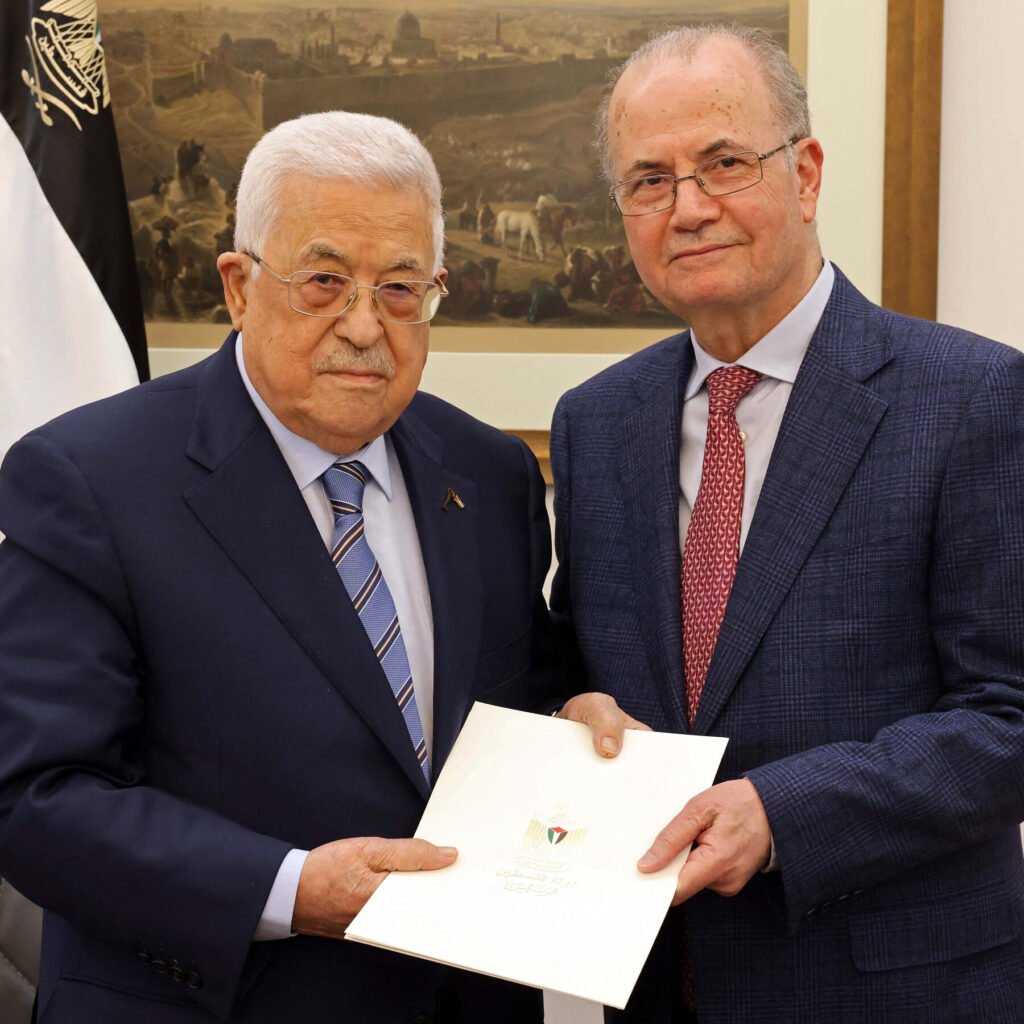
Why this News is Important
The appointment of Mohammad Mustafa as the new Prime Minister of Palestine marks a significant political transition. With Mustafa succeeding Mohammad Shtayyeh, the Palestinian government undergoes a change in leadership, potentially impacting its policies and priorities.
Mustafa’s background in economics signals a renewed focus on economic stabilization and development in Palestine. As the region grapples with economic challenges exacerbated by political unrest and external pressures, Mustafa’s appointment underscores the importance of addressing economic issues for long-term stability.
The role of the Palestinian Prime Minister extends beyond domestic governance to international representation and advocacy. Mustafa’s appointment highlights the ongoing diplomatic efforts of the Palestinian Authority to garner support for Palestinian rights and statehood on the global stage.
Amidst political fragmentation and internal divisions, Mustafa’s appointment signifies an opportunity to promote unity and effective governance within the Palestinian territories. His leadership will be crucial in fostering cooperation among various political factions and ensuring the smooth functioning of governmental institutions.
The appointment of a new Prime Minister in Palestine could have broader implications for regional dynamics, particularly in the context of Israeli-Palestinian relations and broader Middle East politics. Mustafa’s leadership style and policy decisions may influence regional dynamics and international relations in the Middle East.
Historical Context
The appointment of Mohammad Mustafa as the new Prime Minister of Palestine builds upon a legacy of Palestinian leadership dating back to the establishment of the Palestinian Authority in the 1990s. Since then, Palestinian leaders have navigated complex political, social, and economic challenges in their pursuit of self-determination and statehood.
Palestine has long grappled with economic challenges, including high unemployment rates, limited access to resources, and dependence on foreign aid. Previous Prime Ministers have endeavored to address these issues through various economic reform initiatives aimed at promoting growth, job creation, and financial stability.
The Palestinian Authority has engaged in diplomatic efforts to garner international recognition and support for Palestinian statehood. However, diplomatic progress has been hindered by geopolitical complexities, including the Israeli-Palestinian conflict, regional rivalries, and shifting international alliances.
Internal divisions within Palestinian politics have posed significant challenges to governance and stability. Factions such as Fatah and Hamas have vied for power, leading to periods of political unrest and institutional dysfunction. Efforts to reconcile differences and promote unity among Palestinian factions have been ongoing but elusive.
The Israeli-Palestinian conflict and broader regional dynamics have exerted considerable influence on Palestinian politics. External actors, including neighboring countries, international organizations, and global superpowers, have played a significant role in shaping Palestinian affairs and influencing the trajectory of the peace process.
5 Key Takeaways from “President Abbas Named Mohammad Mustafa as New Palestinian PM”
| Serial Number | Key Takeaway |
|---|---|
| 1 | Mohammad Mustafa appointed as the new Prime Minister of Palestine. |
| 2 | Mustafa’s background in economics suggests a focus on economic reform and development. |
| 3 | The appointment comes amidst ongoing political and economic challenges in Palestine. |
| 4 | Mustafa’s leadership will be crucial for diplomatic engagement and advocacy on behalf of Palestine. |
| 5 | The appointment highlights the importance of unity and effective governance within the Palestinian territories. |
Important FAQs for Students from this News
1. What is the significance of Mohammad Mustafa’s appointment as the new Palestinian Prime Minister?
A: Mustafa’s appointment signals a potential shift in Palestinian government policies and priorities, particularly in areas such as economic reform and diplomatic engagement.
2. How does Mohammad Mustafa’s background in economics influence his role as Prime Minister?
A: Mustafa’s expertise in economics suggests a focus on addressing economic challenges and implementing reforms to promote growth and stability in Palestine.
3. What are some of the key challenges facing the Palestinian territories mentioned in the article?
A: The article highlights economic instability, political fragmentation, strained relations with Israel, and the need for unity and effective governance as key challenges facing Palestine.
4. What role does the Palestinian Prime Minister play in international diplomacy?
A: The Prime Minister represents Palestine on the international stage, advocating for Palestinian rights and statehood and engaging in diplomatic efforts to garner support from the global community.
5. How might Mohammad Mustafa’s leadership impact regional dynamics in the Middle East?
A: Mustafa’s leadership style and policy decisions could influence regional dynamics, particularly in relation to the Israeli-Palestinian conflict and broader Middle East politics.
Some Important Current Affairs Links



